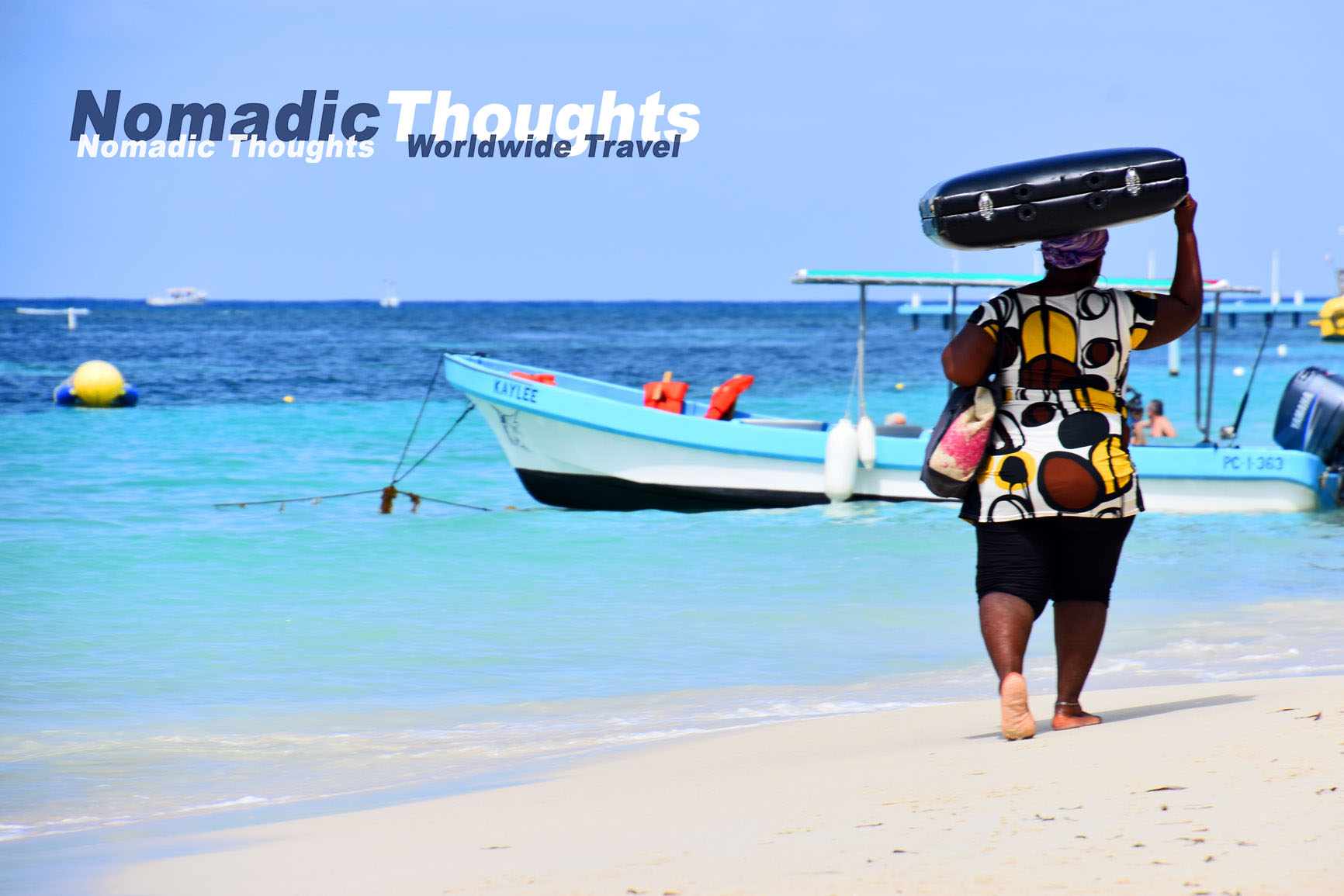Changes in Travel Over Last Decade (2010-2020)
Travellers often bear witness to how the modern world is unfolding more profoundly than other sections of society. Whenever you revisit a destination, any changes immediately impact on your memories, colour your present experience and alter your overall impression.
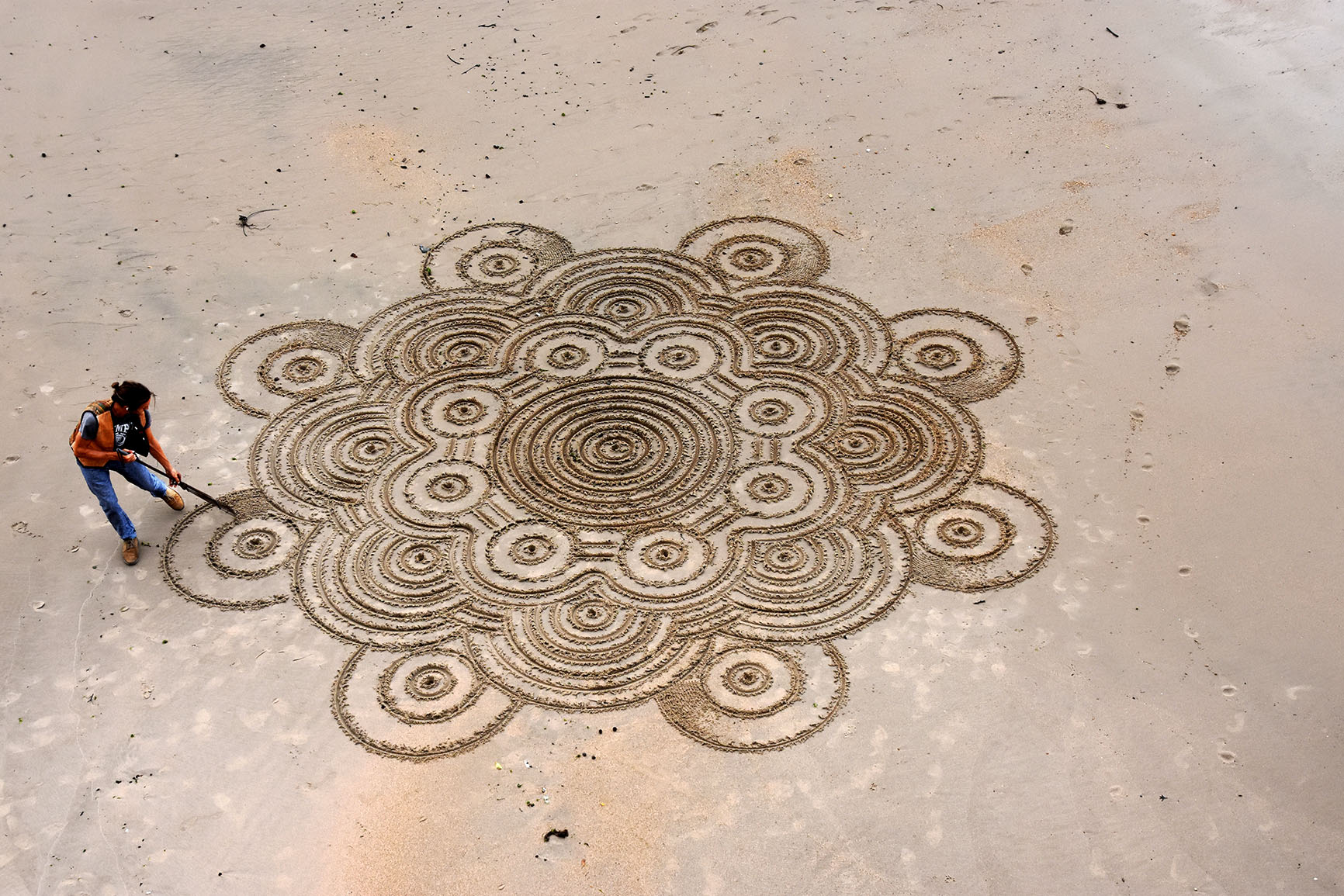
So, as we enter the 2020s, here are my Top 10 Changes over the decade that started with the launch of the iPad and Airbnb, and finished with the collapse of Thomas Cook and the first space travel bookings.
- Smart Phones
The most user-friendly travel accessory ever created. Enhancing the way we travel more than we could ever imagine. Palm-in-the-hand translator, navigator, meteorologist, camera, travel guide… the list goes on.
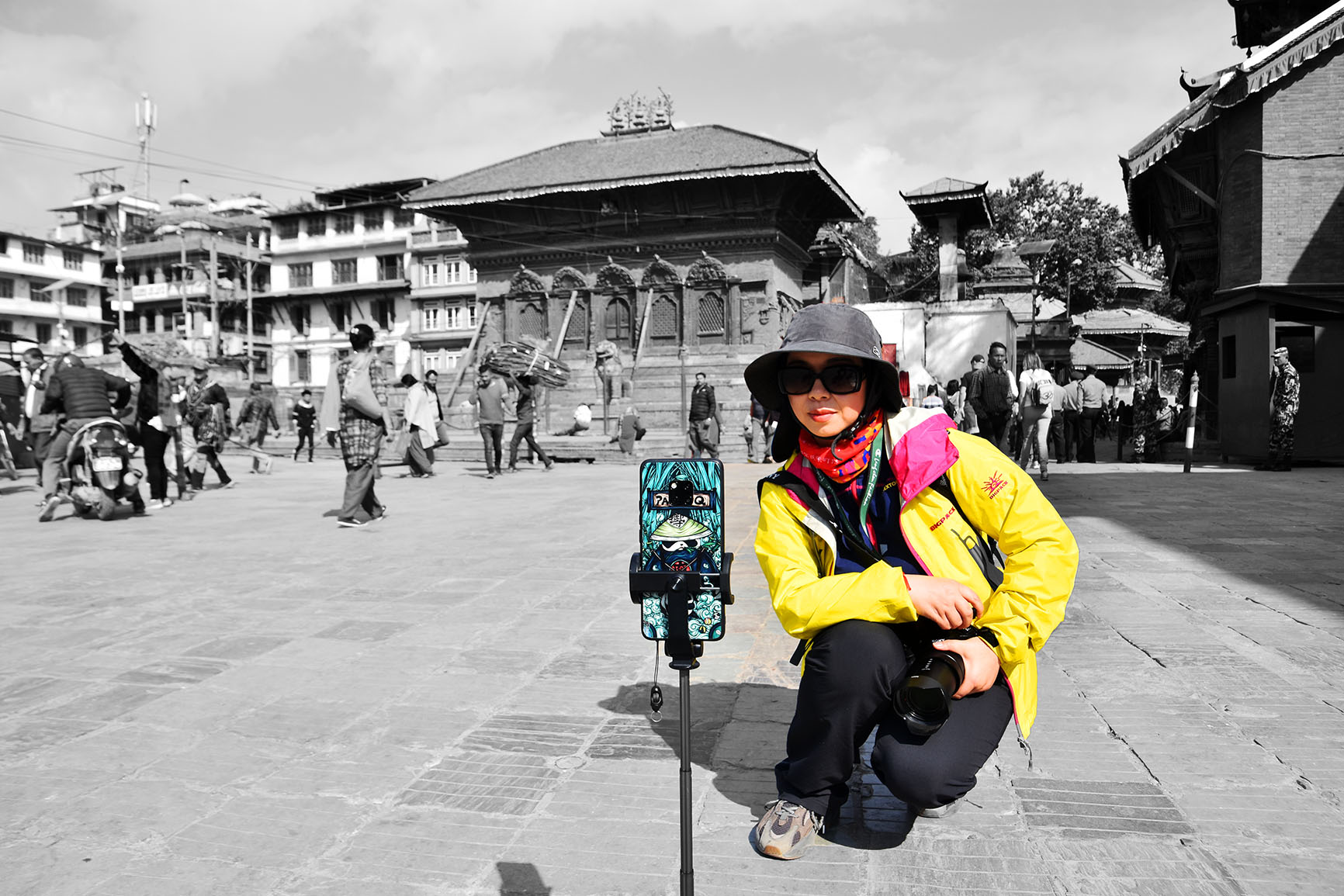
- Over-tourism
With the number of international tourist arrivals rising from 897 million (2009) to over 1.4 billion (2019), the delicate balance between where to travel and how to enhance sustainability becomes ever more acute.
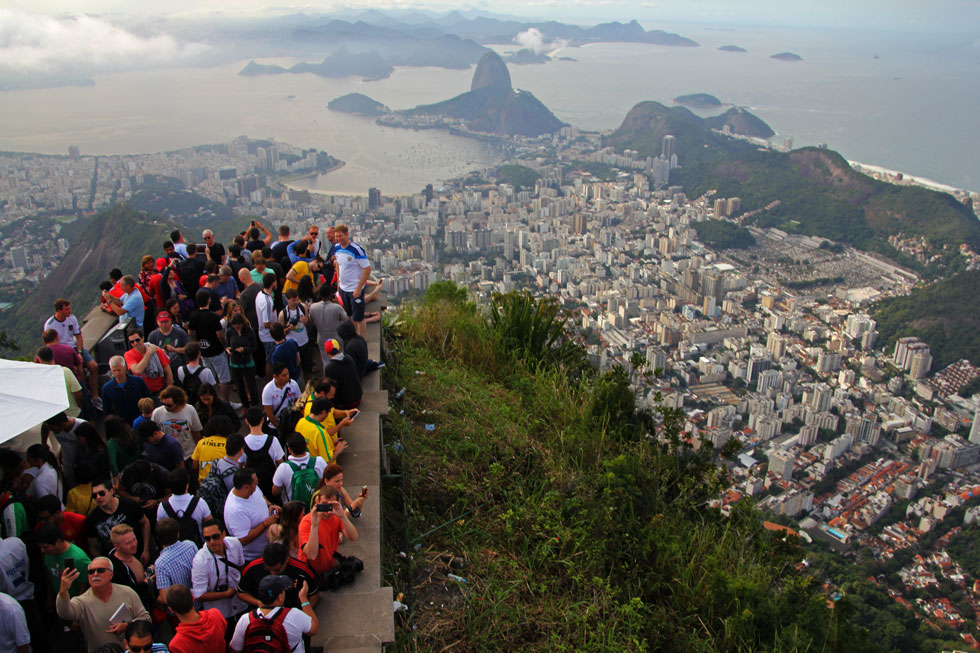
- Connect-ability
With technological advances allowing for 24/7 connect-ability, travel today is less of a solitary quest and more of a shared social experience. As well as every ‘plugged-in’ traveller, even the remotest and most dis-enfranchised of peoples are now on the grid (Himalayan monks, African shoe-shine boys, ocean-rescue, destination web-cams, disaster relief agencies…).

- Climate Change
Bringing into question the predictability of the world’s weather as well as the overall debate on how best to react to the CO2 emissions and climate crisis debate. Highlighted by many location changes – for example, with evidence-based subsidence of glaciers which store 68% of world’s fresh water.
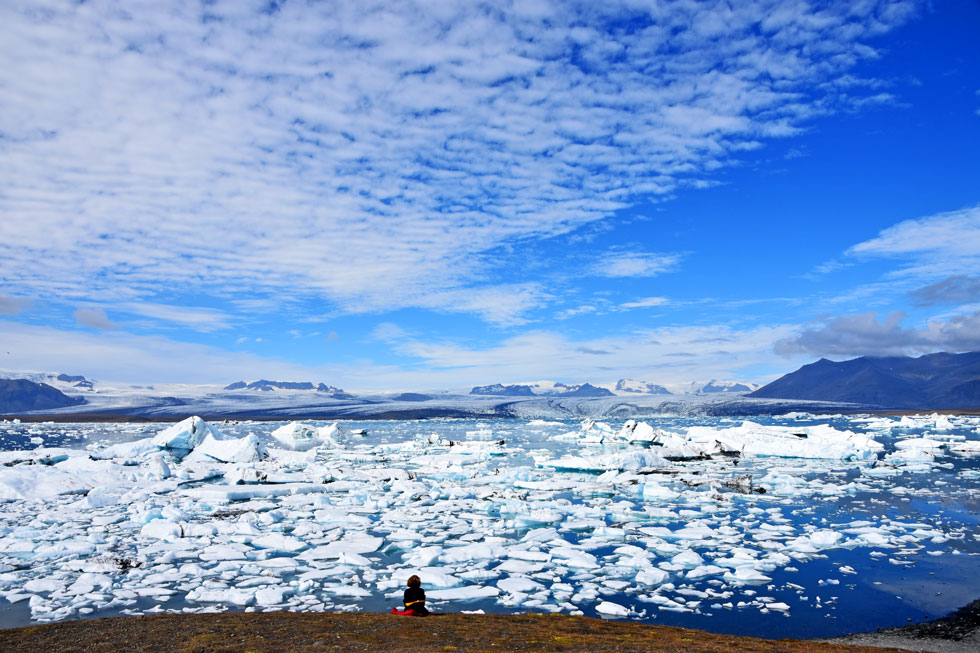
- Blogging
The fact that I enjoy blogging about my travel experiences, knowledge and views on travel destinations, products and current debates, means that the way I travel has altered. All the photographs used to support my blog postings are mine, creating a huge emphasis on stills photography. This means spending a considerable amount of time and thought on how best to capture a destination so that it will create a good blog story. Time constraints, lighting and accessibility issues, and wanting to engage the subject matter as sensitively as possible, have often caused me to alter the way I travel and the people I rely on to give me the access to their world.
While enjoying the process, as well as trying to be as creative as possible, I am aware that I can jump from one blog story to another, as opposed to perhaps letting a destination wash over me more gently.
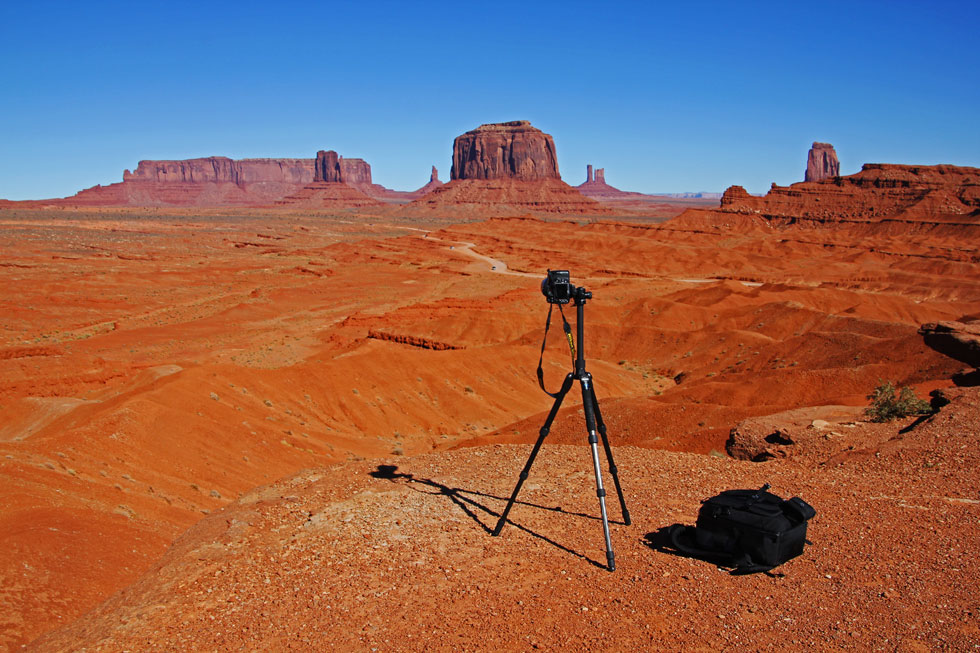
- Golden Age of Travel
I believe the last decade of travel will be seen as one of, if not ‘the’, golden age of travel. Certainly, as a westerner, it will never be so financially affordable. The growth of global tourism numbers means that access to wilderness areas – indeed, experiences of wildlife soon-to-be extinct – and cultural diversity will all be seen as privileges of bygone era. In addition, I question how we will develop as a travelling species with the CO2 emissions and climate crisis debate.
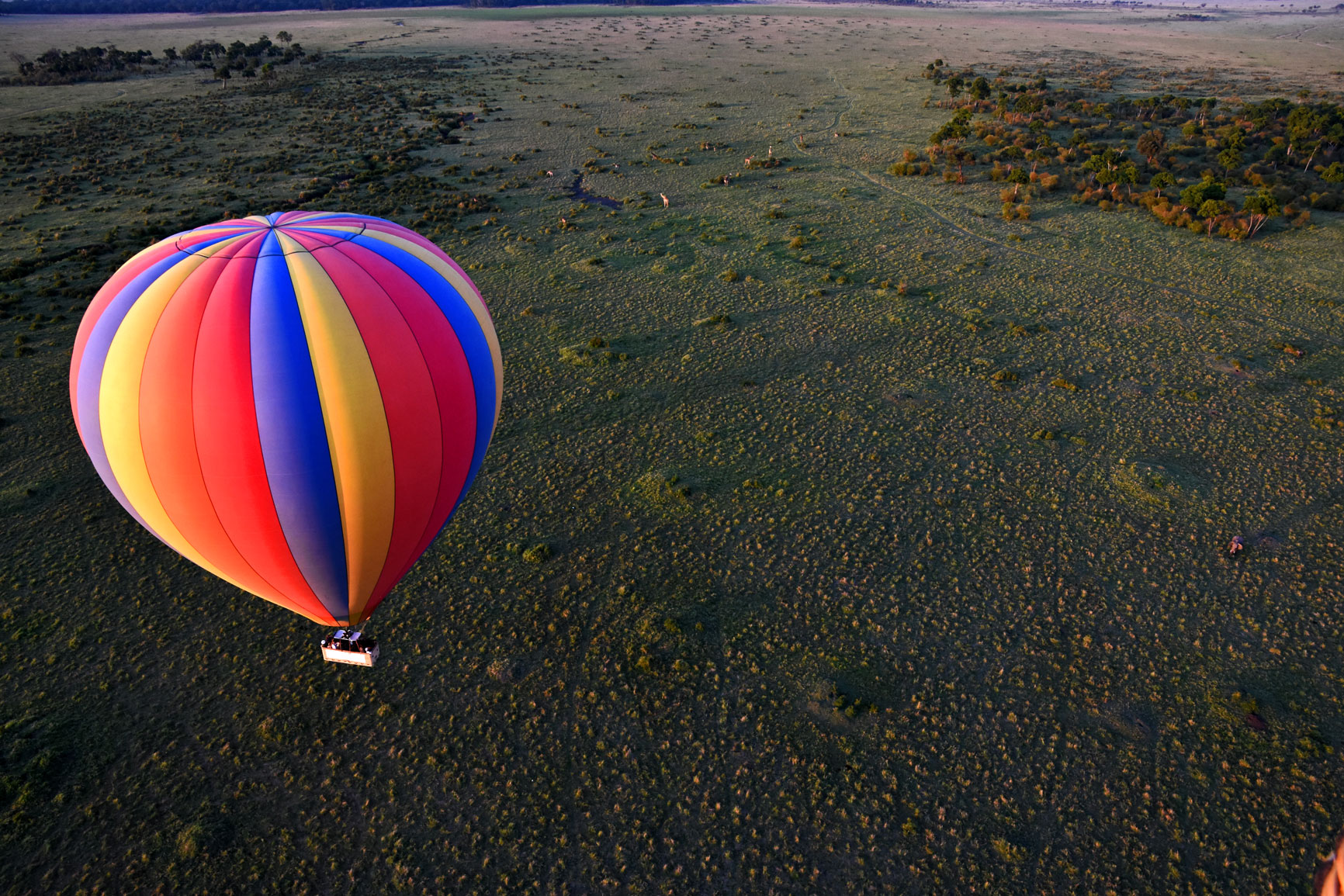
- Safety
International travel has never been safer. Most of the planet benefits from calmer geo-politics, better disease management (malaria, cholera, yellow fever, hepatitis, HIV, water {modern water filters v iodine tablets}), safer money management (ATM vs travellers cheques/cash), larger travelling communities with instant information sharing and technological advancements (satellite navigation, travel apps).
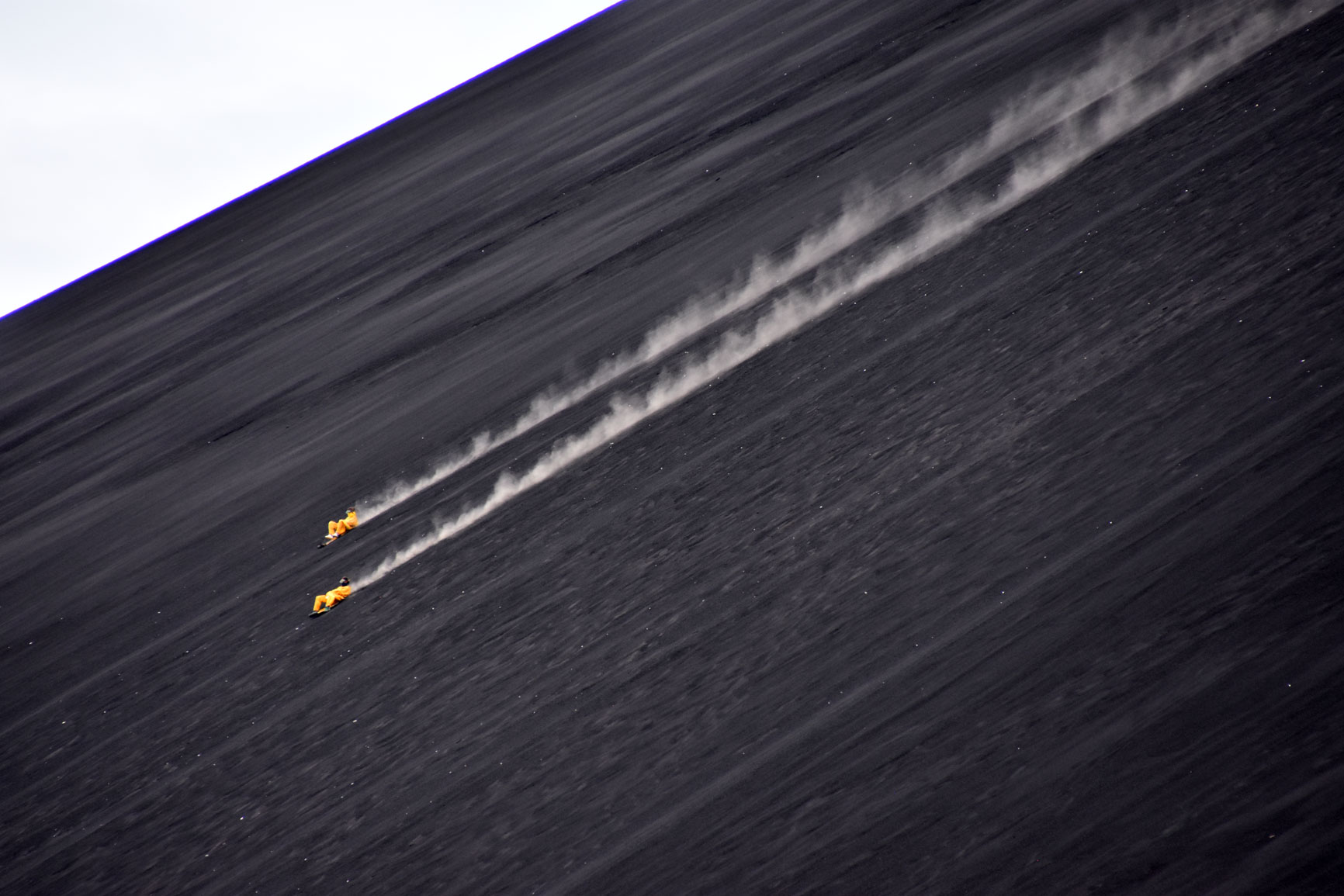
- Photography
From the selfie to the overall upping in everyday standards of imagery, photography has become as much part of the travel experience as eating, drinking and finding somewhere to spend the night. Personal travel shots, Instagram libraries and everyone’s desire to share their own images (for free) has resulted in a huge change in mainstream travel mindsets. Leading one to question whether ‘snapping that photo’ has become more important than ‘experiencing that destination’.
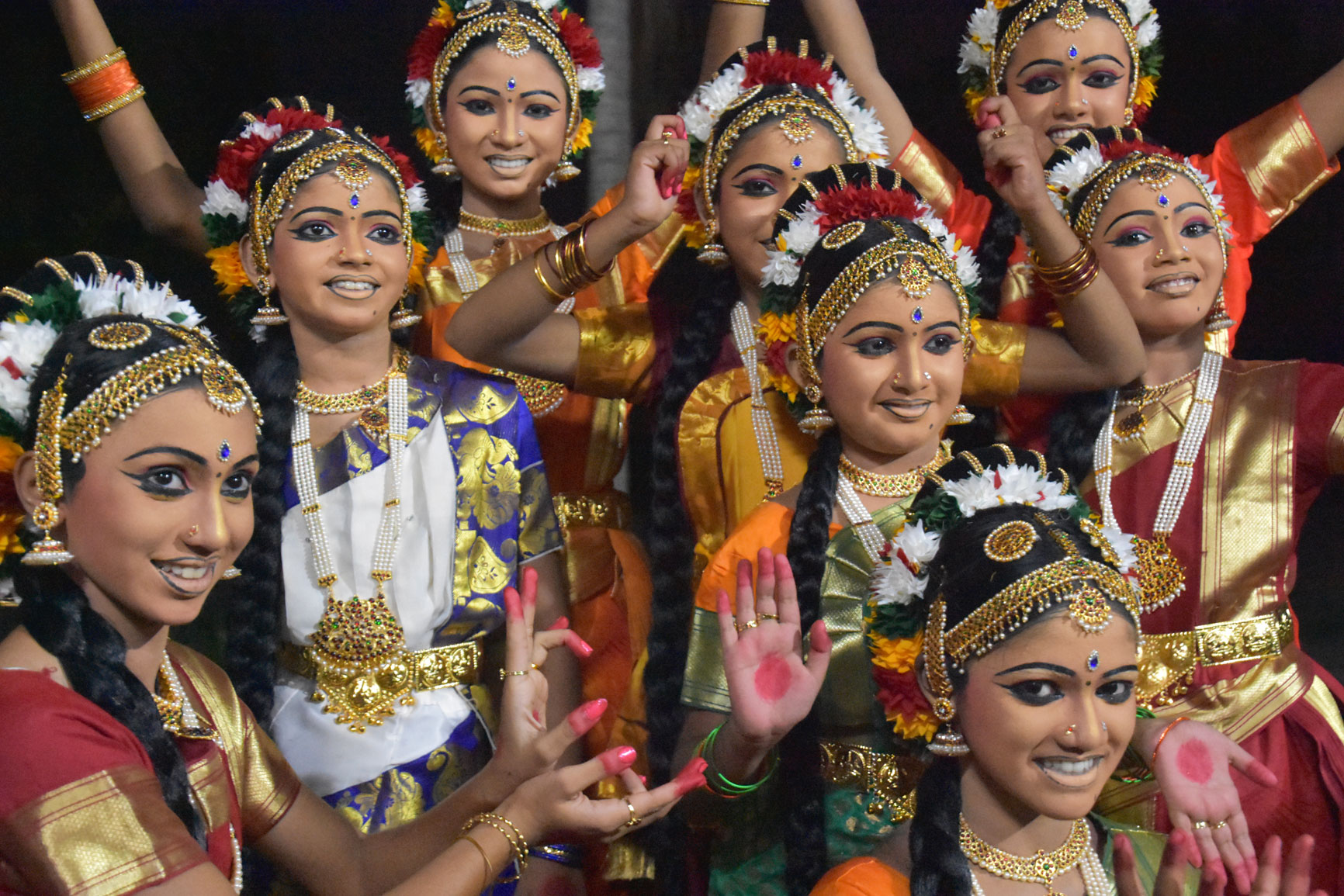
- Access to indigenous cultures
This past decade has seen the tipping point between accessing and learning from different indigenous cultures, and unwittingly assisting them in their eventual disappearance. Positive examples of cultural enhancements are the Maoris in NZ and Buddhist cultures of Bhutan. Less positive results can been seen when visiting the Omo Valley tribes in Ethiopia and native Indian cultures of north America.

- Travel Industry Business Model
Advancements in technology, destination management and traveller numbers has affected how the travel and tourism industry conducts itself. Resulting in the need to focus on enhancing the experience, opposed to simply making travel and accommodation reservations.
‘Knowledge’ as well as ‘access to market’ remain king. Furthermore, although often overlooked, the importance of appropriately insured and financially protected travel remains hugely relevant.
